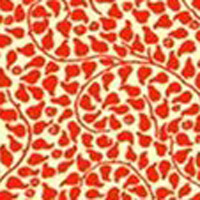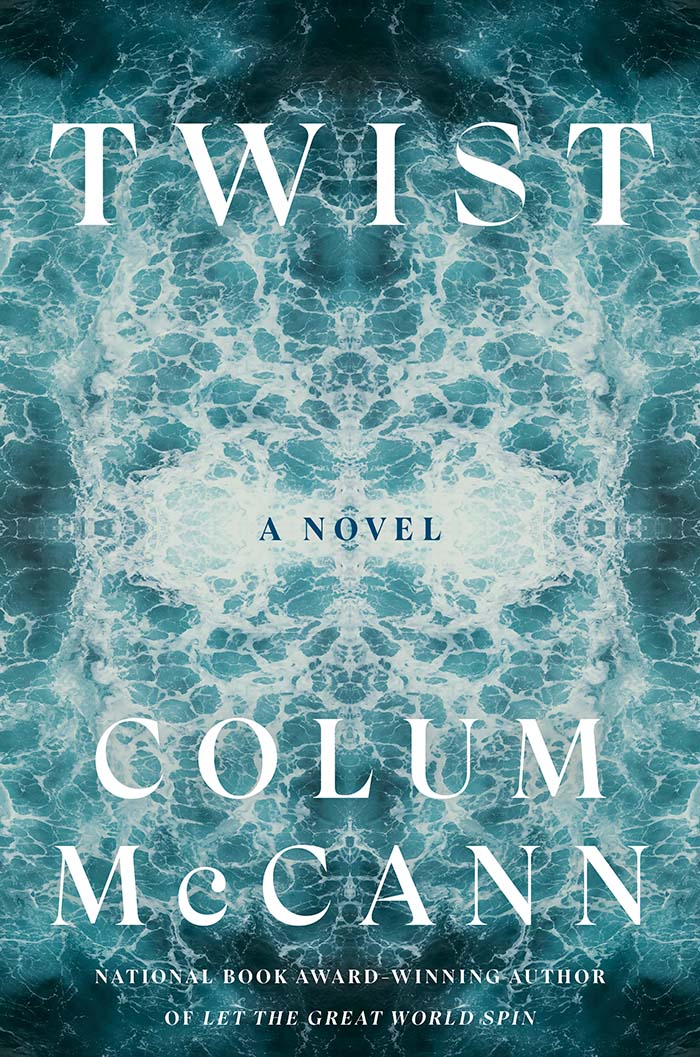
Punctuation: It’s Not A Throwaway Thing (Comma)
It’s not a throwaway thing to tell you the truth. It’s not a throwaway thing, to tell you the truth. You see? Punctuation matters. In fact, sometimes it’s the life or death of a sentence. Hyphens. Umlauts. Full stops. Colons. Semi-colons. Ellipsis. Parentheses. They’re the containers of a sentence. They scaffold your words. Should a writer know her grammar? Yes she should. My husband and me, or my husband and I? Their or they’re or there? Where you at? I’m doing good, thanks. But let’s face it, sometimes grammar can be so damn prescriptive. And the fact of the matter is that our teachers should really remove that grammatical blockage from their arses. Sometimes it’s just too much. Knowing the difference between a main clause and a dependent clause doesn’t really matter, as long as you can intuit the difference. Writers often feel the grammar rather than knowing it. This comes from good reading. If you read enough, the grammar will come. (And you will know exactly why the comma appears in that first sentence). A few words of advice. Don’t overuse the semi-colon; it is a muscular comma when used correctly. Parentheses in fiction draw far too much attention to themselves. Learn how to write the possessive as most good student’s do (oops, sorry). Never finish a sentence with an “at.” Oops, sorry again. Avoid too many ellipsis, especially at the end of a story. When in doubt use descriptive grammar rather than prescriptive. The language of the street eventually becomes the language of the schoolhouse. Grammar changes down through the years, just ask Shakespeare or even the good folks at the New Yorker. Remember that a copy editor will eventually fix your grammar, or at least suggest changes, but you should get it as close to perfect as you can first. But in the end the language matters so much more than the manners the grammar wants to put upon it. Sometimes we write a sentence that isn’t, in fact, correct, but it sings. And the question is: Would you rather be the ornithologist or the bird?
